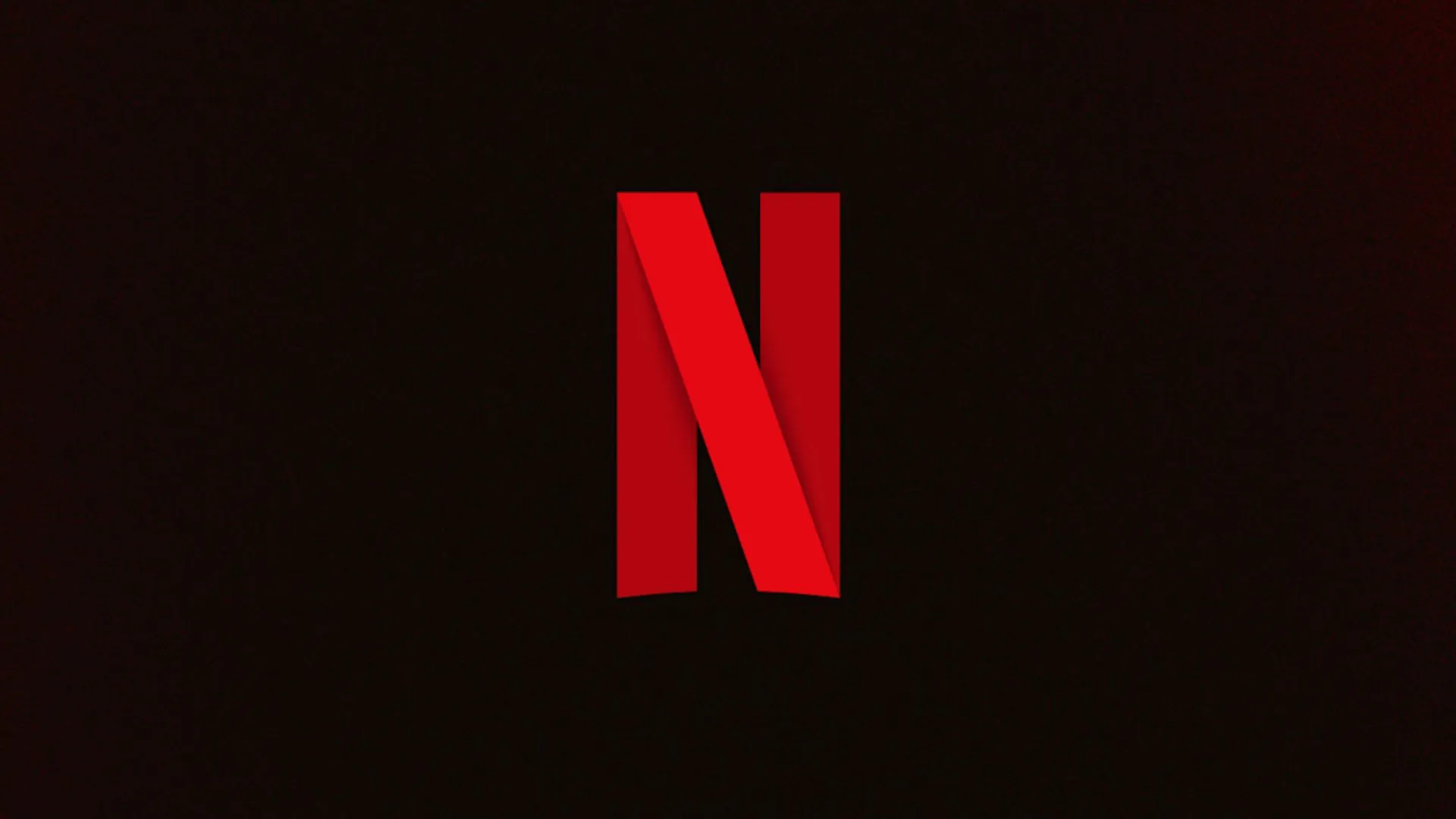Swedish fast fashion giant H&M is under fire after announcing its plans to introduce artificial intelligence (AI)-generated “digital twins” of models for use in marketing campaigns. The company has stated that these AI doppelgänger will be featured in social media posts and advertisements, replacing human models in select campaigns.
The decision has sparked widespread debate, with critics arguing that it could impact job opportunities for models, photographers, stylists, and other creative professionals in the fashion industry.
What We Know So Far
According to reports, H&M is working with Swedish tech company Uncut to create digital replicas of 30 models. These AI-generated figures will be used in marketing campaigns, primarily on social media platforms such as Instagram and TikTok. The company has assured that the models will retain rights over their digital twins, and their use will require consent. Additionally, they will be compensated similarly to traditional photoshoot agreements, with payments determined by contracts negotiated through their agents.
H&M’s chief creative officer, Jörgen Andersson, defended the move, saying, “We are curious to explore how to showcase our fashion in new creative ways, and embrace the benefits of new technology, while staying true to our commitment to personal style.”
To maintain transparency, H&M stated that all AI-generated images will carry watermarks, in compliance with regulations that require AI-generated content to be disclosed.
Social Media Backlash
Despite H&M’s reassurances, many in the fashion and modeling industry have expressed concerns that AI could displace real workers. American influencer Morgan Riddle called the move “shameful” in an Instagram post, warning that it would take away jobs from those who work on set, including photographers, makeup artists, and stylists.
Trade unions have also raised alarms about the implications of AI-generated content. Paul W. Fleming, general secretary of UK-based trade union Equity, which represents models and creatives, emphasized the need for stronger legal protections.
“Whilst we support brands who appear to be moving in this direction, this must be backed up by the widespread adoption of AI protections in union agreements and legislation that protects workers’ rights,” Fleming told the BBC.
Some social media users also criticized the move, with one commenting, “The AI ‘dead internet’ theory is basically coming. Every time you throw up a screen, nothing will be authentic anymore.” Another added, “Ew. Classic AI move. At least it helps me weed out more garbage corporations.”
H&M is not the first brand to experiment with AI-generated marketing. Fashion companies such as Hugo Boss and Levi Strauss & Co. have also explored using AI models to showcase their products. In 2023, Levi’s announced it would trial AI-generated models to “increase diversity” but later clarified that it would not scale back traditional live photoshoots after facing criticism.
Similarly, Spanish retailer Mango launched an AI-generated campaign last year to promote a new collection from its youth-focused range.
ALSO READ: Gmail Gets Smarter: Google Rolls Out AI-Powered Search Upgrade























